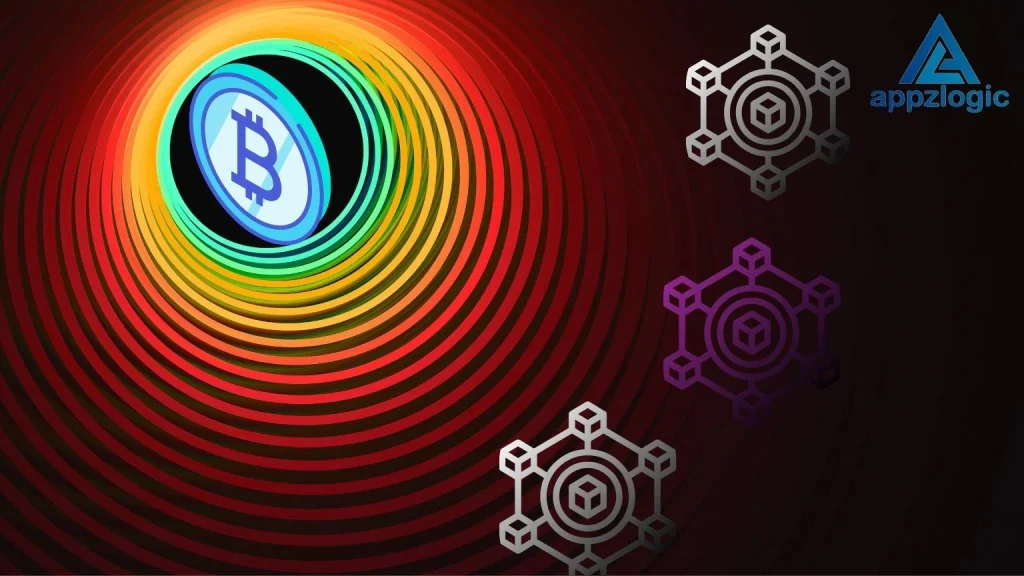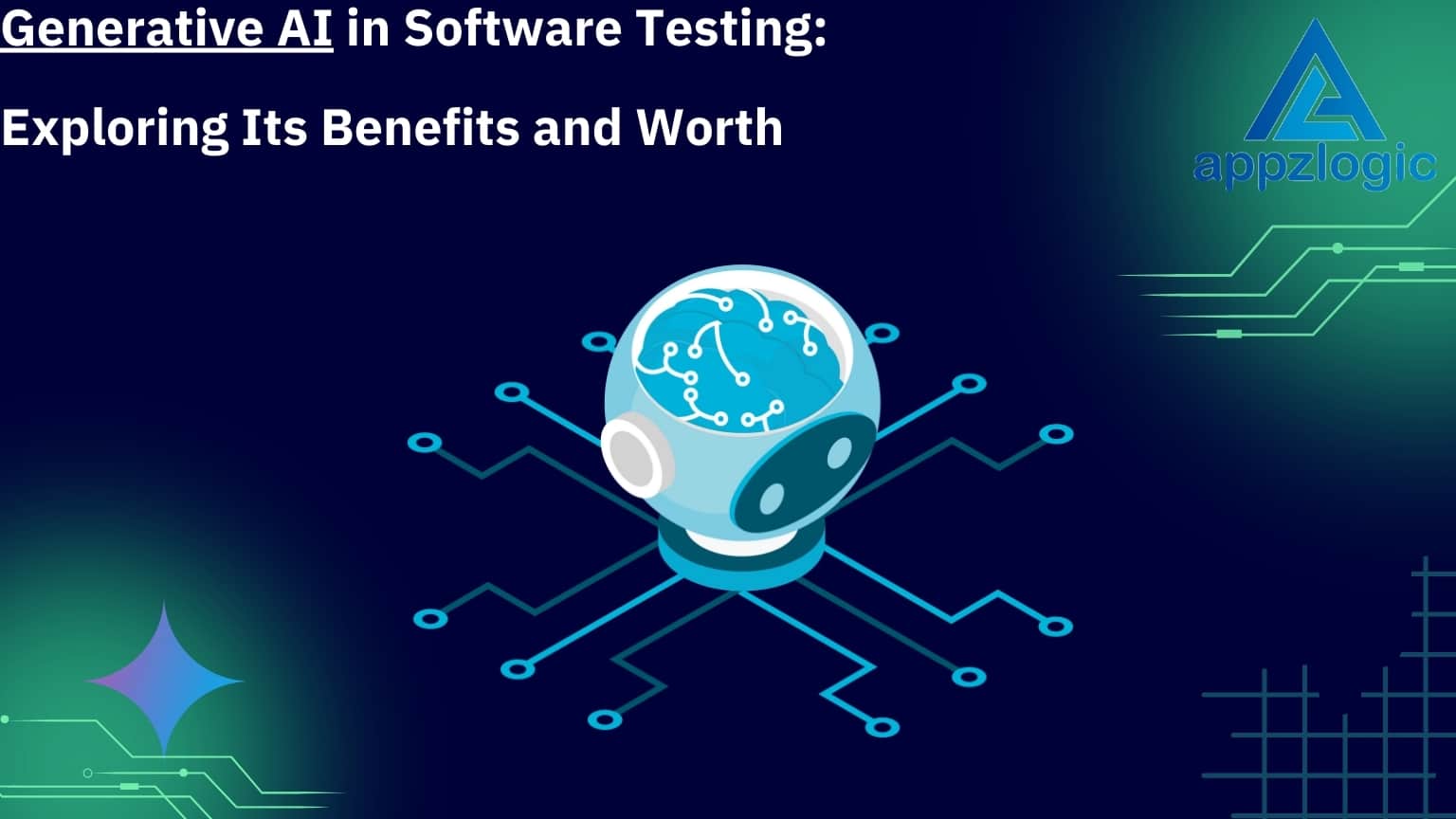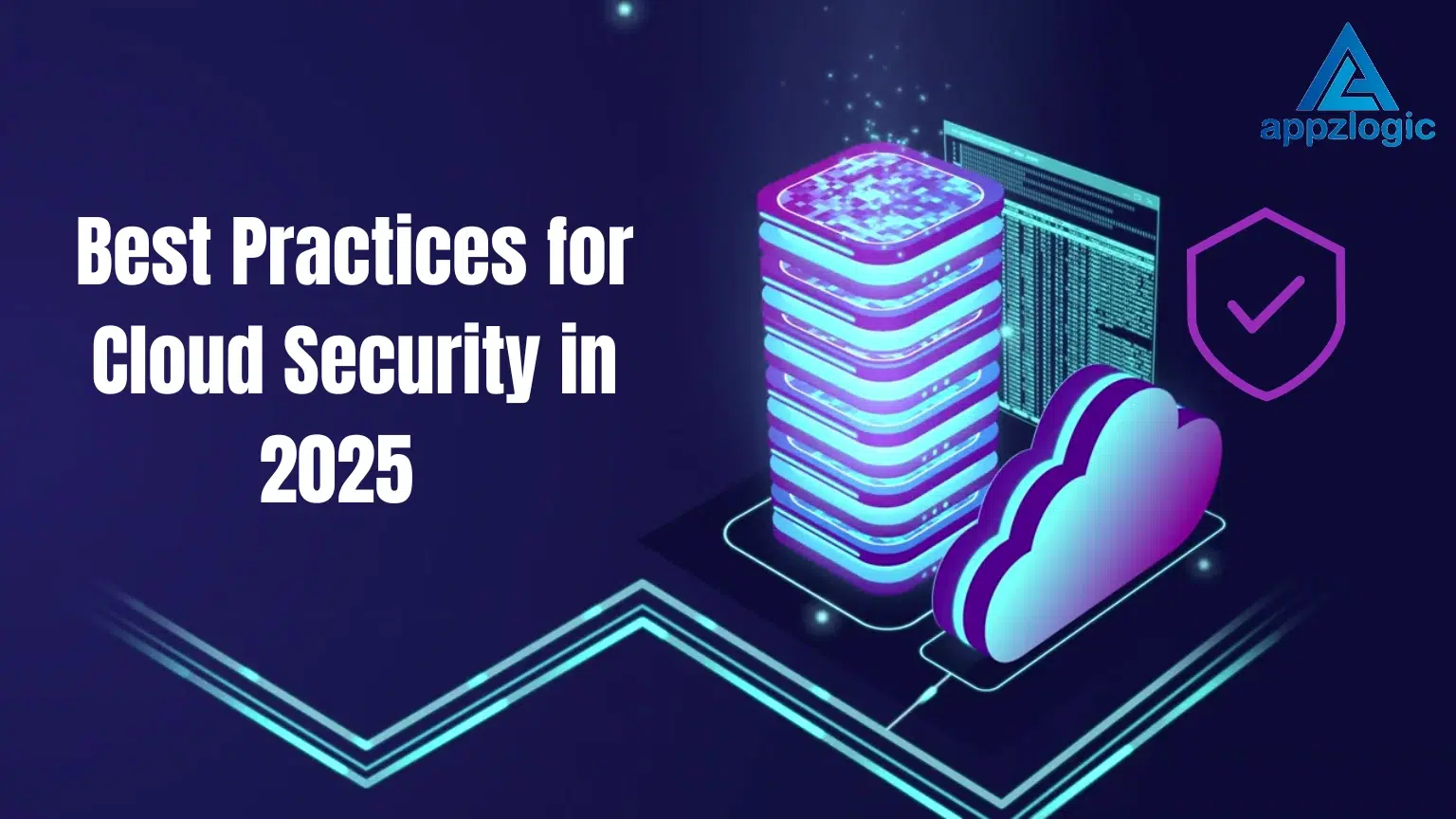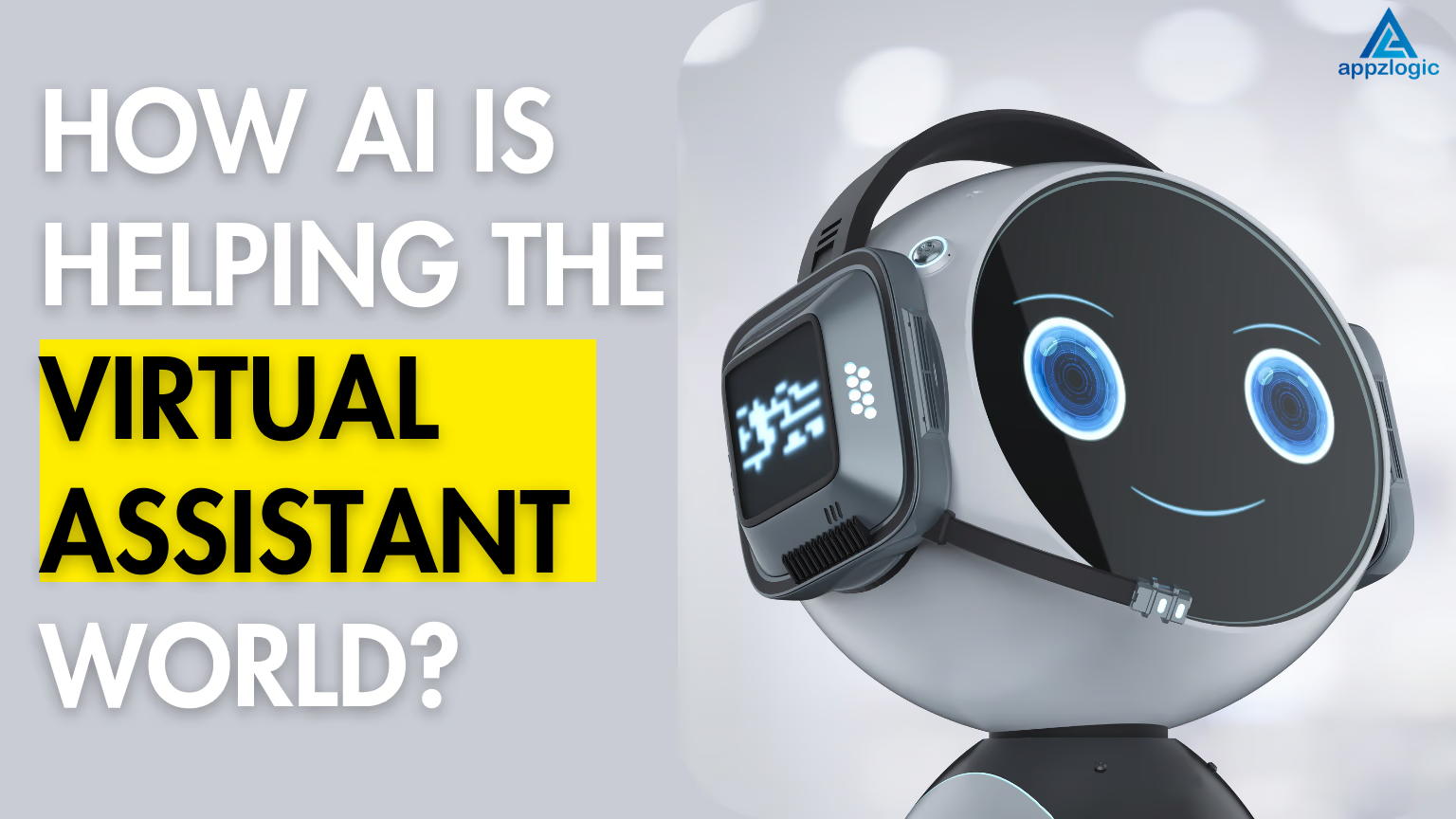
Comprehensive Guide to Blockchain and its Future Trends
Blockchain has revolutionized the world in recent years, affecting everything from finance to supply chain management. Originally it was developed as the underlying technology for cryptocurrencies like Bitcoin, Blockchain’s applications have now expanded far beyond digital currencies.
As reported by Fortune Business Insights, the global blockchain technology market was valued at USD 17.57 billion in 2023 and is anticipated to expand from USD 27.84 billion in 2024 to USD 825.93 billion by 2032, reflecting a compound annual growth rate (CAGR) of 52.8%. In the United States, the market is expected to reach approximately USD 137.67 billion by 2032.
In this blog, we will explore the fundamentals of blockchain, its potential uses, and transformative power in industries worldwide.
What is Blockchain?
Blockchain is a technology that enables secure, transparent, and unchangeable record-keeping through a decentralized and distributed ledger system. The name “Blockchain” comes from its structure, which consists of a series of blocks, each containing a record of transactions.
Unlike traditional centralized systems, where a single entity manages the data, blockchain operates on a peer-to-peer network of nodes (computers), ensuring no single point of control.
Each node has a copy of the entire blockchain, and when a new transaction occurs, the network reaches a consensus to validate and add the transaction to the chain.
How Does Blockchain Work?
The blockchain process involves several steps:
- Transaction Initiation: When a participant in the blockchain network wants to make a transaction, they submit it to the network.
- Verification: After the initiation of the transaction, the next step is verification by the network nodes. This often involves complex algorithms and consensus mechanisms like Proof of Work (PoW) or Proof of Stake (PoS).
- Block Creation: Once the transaction is validated, it’s added to a new block. The block also contains information from the previous block, ensuring the chain remains intact.
- Block Addition: The new block is added to the blockchain and is immediately visible to all participants in the network. This ensures transparency.
- Immutable Record: Once a block is added, then it is impossible to change the data it contains. This immutability makes blockchain very secure.
Types of Blockchain
There are different types of blockchains and each blockchain is used for specific needs
Blockchain and Cryptocurrency
Blockchain and cryptocurrency are quickly reshaping the financial landscape, offering decentralized solutions and innovative opportunities. As more people explore this space, understanding how to navigate it is key.
- Top Crypto Wallets: Safeguarding Your Digital Assets
When you start investing in cryptocurrency, securing your assets becomes a priority. Choosing the top crypto wallets is crucial to ensure your funds are safe. Popular wallets like MetaMask, Trust Wallet, and Ledger allow you to store and manage your digital assets securely. They also provide easy access to decentralized exchanges (DEXs) and decentralized finance (DeFi) platforms, making them essential tools for anyone active in crypto space. Additionally, these wallets implement robust cybersecurity measures, such as encryption and two-factor authentication (2FA), to protect your assets from potential threats and hacks. Cybersecurity is a critical consideration, as the digital nature of cryptocurrencies makes them vulnerable to malicious attacks.
- Learning Crypto: Understanding the Basics
For beginners, learning crypto is an important step. Understanding the core principles of blockchain, how cryptocurrencies work, and the risks involved will help you make informed investment decisions. Many platforms offer educational resources, online courses, and community forums where you can gain knowledge and learn from experienced crypto enthusiasts.
- Multi-Chain Ecosystems: Connecting Different Blockchains
One of the most exciting developments in the crypto is the rise of multiterm scalability and flexibility, enabling users to move assets and data between multiple blockchains without friction. This is important for the future of decentralized finance (DeFi) and Multi-Chain ecosystems. These platforms enable different blockchains to interact and share data, creating a more seamless experience for users and developers. Multi-chain solutions allow for great applications.
- Web3 Crypto: Decentralizing the Internet
The rise of Web3 crypto is changing the way we interact with the internet. It is all about creating a decentralized, user-owned internet, where individuals control their own data and online identities. Blockchain is pivotal in Web3, powering decentralized applications (dApps) and enabling trustless transactions without intermediaries.
- Hedera Crypto: A High-Performance Blockchain
Another standout project is Hedera crypto, which offers a unique blockchain built for high performance, scalability, and security. Hedera Hashgraph, the consensus algorithm behind Hedera, provides faster transaction speeds and lower costs than traditional blockchain networks. Hedera’s enterprise-grade solutions are already being used by major companies for applications in supply chain management, digital identity, and more. Its unique approach positions it as a key player in the blockchain space.
- New Crypto Projects
The world of cryptocurrency is constantly evolving, with new crypto projects emerging regularly. These projects are pushing the boundaries of blockchain technology, offering innovative solutions across sectors such as finance, healthcare, gaming, and beyond. Keeping an eye on new projects can provide early investment opportunities, as these emerging technologies have the potential to disrupt industries and change the way we interact with the digital world.
- Blockchain Usages Across Industries
Blockchain’s potential extends far beyond cryptocurrency. It is transforming several industries by providing solutions to long term challenges.
Blockchain-based Test Management Systems offer immutable records of test archives, execution results, and validation activities, which help in Cloud Automation Testing.
Benefits of Blockchain in Finance
Blockchain’s most well-known application is in the realm of finance, particularly with cryptocurrencies like Bitcoin and Ethereum. These decentralized currencies allow for peer-to-peer transactions without the need for banks or other intermediaries.
Key Benefits for Finance:
- Lower transaction fees
- Faster cross-border payments
- Increased transparency and security
Beyond cryptocurrencies, blockchain is also being used for Smart Contracts, which automatically execute agreements. This decreases the need for intermediaries and reduces the risk of fraud.
Understanding Decentralized Finance Platforms
Decentralized finance (DeFi) platforms are blockchain-based financial services that operate without traditional intermediaries like banks. They enable users to lend, borrow, trade, and earn interest on cryptocurrencies through smart contracts. DeFi promotes transparency, security, and accessibility, allowing anyone with an internet connection to participate in global financial activities.
One of the most talked-about blockchain platforms today is Avalanche crypto. Known for its speed and scalability, Avalanche offers a highly efficient platform for decentralized applications (dApps) and enterprise use cases. Its unique consensus mechanism enables transactions to be processed in seconds, with low fees, making it a strong contender against Ethereum and other established blockchains. Developers and investors are increasingly turning to Avalanche for its ability to support high-performance applications.
Benefits of Blockchain in Supply Chain Management
Blockchain will help to transform supply chain management by improving transparency, traceability, and efficiency. Every step of the supply chain process can be recorded on a blockchain, providing a real-time, tamper-proof ledger of goods as they move through the chain. Companies like Walmart and IBM have teamed up to use blockchain to track food products, it helps to ensure that in case of contamination, the source of the issue can be identified quickly and efficiently.
Blockchain Applications in Healthcare Industry
Blockchain has the potential to revolutionize healthcare industry by ensuring the secure exchange of medical data. By using blockchain in healthcare, patient records can be securely stored and shared between healthcare providers, giving patients more control over their data.
Voting System
Blockchain provides the possibility for safe and transparent voting systems. By using blockchain, each vote can be stored in a decentralized record. Hence, votes cannot be changed or altered after the voter has cast them. Several countries and organizations are already exploring blockchain for elections, aiming to increase transparency and security in the democratic process.
Real Estate
Blockchain technology can simplify the buying and selling of real estate by providing transparent and immutable records of ownership. This eliminates the need for paper-based records and intermediaries, such as notaries and title companies, speeding up the process and reducing costs.
Challenges In Blockchain
Blockchain offers numerous advantages, but it also comes with some challenges:
- Manageability: As the blockchain grows, it becomes slower and more expensive to maintain. Public blockchains like Bitcoin and Ethereum can experience high transaction fees and delays during peak usage times.
- Energy Consumption: Many blockchain networks, especially those using Proof of Work (PoW), require huge amounts of computational power, leading to high energy consumption. This has raised serious concerns about the environment.
- Regulatory Issues: The decentralized nature of blockchain makes it difficult to regulate. Governments are still figuring out the ways to best regulate cryptocurrencies, smart contracts, and other blockchain applications.
- Interoperability: Different blockchains operate in isolation, which makes it difficult for them to communicate with each other.

How Appzlogic Tackles These challenges?
At Appzlogic, we recognize the transformative potential of blockchain technology, but we are also aware of the challenges it faces. Through our innovative solutions and expertise, we are committed to addressing these issues:
- As blockchain networks expand, they can encounter issues with speed and transaction costs. To tackle this challenge, Appzlogic uses advanced scaling solutions, such as Layer 2 technologies and optimized consensus algorithms. These tools help to enhance transaction throughout, ensuring faster and more cost-effective operations even during peak usage periods.
- The environmental impact of blockchain cannot be ignored, particularly for networks utilizing Proof of Work (PoW) mechanisms. At Appzlogic, we prioritize sustainability by advocating and developing energy-efficient blockchain solutions. We focus on Proof of Stake (PoS) and other eco-friendly consensus methods that drastically reduce energy consumption while maintaining network security and integrity.
- The nature of different blockchains poses a significant barrier to achieving a seamless ecosystem. Appzlogic is at the forefront of developing cross-chain solutions that facilitate communication and collaboration between diverse blockchain networks. We work on interoperable protocols and bridges to create a more connected and functional blockchain environment.
Future Trends in Blockchain Technology 2025
Despite all the challenges, the future of blockchain is promising. Various industries are already experiencing the benefits of blockchain. By 2025, blockchain technology is set to undergo significant advancements, with several key trends emerging across industries. Enterprise blockchain solutions will revolutionize fields such as finance, supply chain, and healthcare, providing enhanced transparency, efficiency, and security.
Key Trends to Watch
- Integration with Artificial Intelligence (AI): AI can enhance blockchain by improving decision-making processes and predictive analytics.
- Blockchain as a Service (BaaS): Companies like Microsoft and Amazon are offering BaaS platforms that allow businesses to integrate blockchain without having to build it from scratch.
- Central Bank Digital Currencies (CBDCs): Governments around the world are exploring blockchain for the creation of digital currencies that can coexist with traditional fiat currencies.
Key Takeaways
- Blockchain is a decentralized, transparent, and secure technology that has the potential to revolutionize multiple industries beyond cryptocurrency.
- Blockchain is being used in various sectors, including finance, healthcare, supply chain management, real estate, voting systems, and intellectual property.Challenges like scalability, energy consumption, and regulatory issues remain, but technology is evolving to address them.
- The future of blockchain is bright, with emerging trends like AI integration, Blockchain as a Service, and Central Bank Digital Currencies (CBDCs) set to shape its development.
Blockchain is much more than just a technology behind cryptocurrency trend. It holds the potential to help various industries by offering an extremely secure, efficient, and transparent way of handling data.
By collaborating with Appzlogic, businesses unlock the full potential of blockchain technology. Our team offers custom blockchain development, integrating secure and efficient solutions such as smart contracts and decentralized applications made for your specific needs.
Ready to transform your business with blockchain?
Contact Appzlogic today to learn more about our blockchain services tailored for the publication industry.
Frequently Asked Questions
Blockchain offers various features like security, transparency, decentralization, immutability, and cost efficiency by eliminating intermediaries.
Cryptocurrencies are digital currencies which use cryptography for security. Cryptocurrencies operate on blockchain networks and are decentralized, Bitcoin and Ethereum
A blockchain wallet is a digital wallet used to store, manage, and interact with cryptocurrencies or digital assets that are built on a blockchain.
The best Blockchain ETFs include BLOK, BKCH, DAPP, BLCN, LEGR, and BITQ, offering diverse exposure to blockchain technology, cryptocurrencies, mining, and related industries with varying risk profiles.
blockchain wallet is something that stores and manages cryptocurrency. It contains a Public key for receiving funds and a Private key for accessing and spending funds.
DeFi is a movement that uses blockchain to replicate traditional financial services, such as lending and borrowing, without intermediaries like banks.
Blockchain faces scalability issues, high energy consumption (in certain consensus models), regulatory uncertainty, and adoption barriers.
Blockchain is highly secure due to its cryptographic nature and decentralization. However, security can be compromised if the applications or wallets on the network are not protected.
Blockchain itself is secure, applications like smart contracts and wallets can be vulnerable to hacks if not designed securely.
dApps (decentralized apps) are applications that run on blockchain networks instead of centralized servers, dApps use smart contracts to function.




